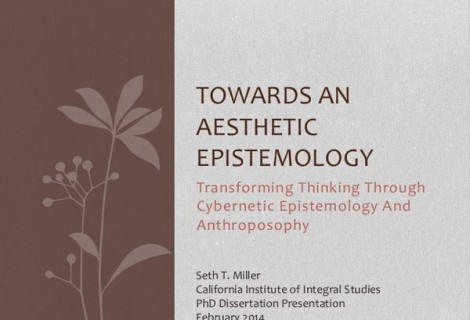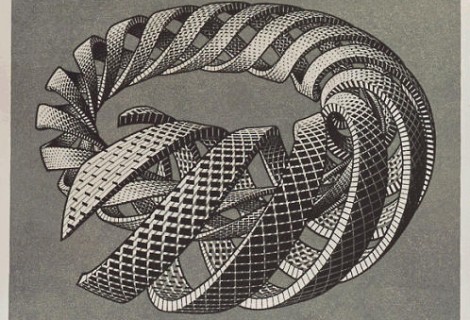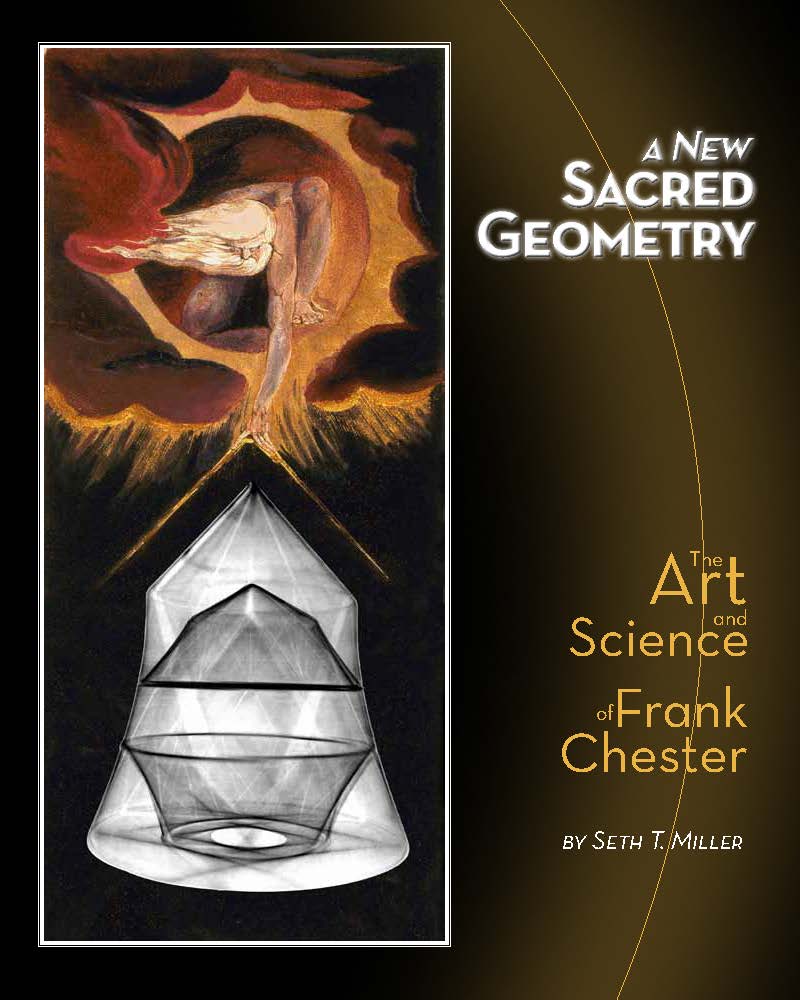Object and Process oriented languages and human development
(Note, the Blackfoot people have a process-oriented language, which is much more strongly verb-based, while English and most other languages are object/noun based.)

Blackfoot Indian Brave
A friend of mine asked:
Do the Blackfoot people go through a phase where they need to have conceptual boxes, and then learn to transcend the need to reify these artificial demarcations, or do they simply use a different process all together from the very start? So much of western development theory assumes that moving beyond nice neat conceptions is a phase that we can move beyond, but assumes it is a necessary phase; perhaps it is only necessary for those who are raised to think in a linear fashion?
Which prompted the following response:
I have this feeling that on a macrocosmic scale, humanity does have to “go through” a stage of categorical reification and abstraction in order to develop certain potentials relating to our “task” if you will, of becoming beings of freedom and love. However, this doesn’t mean that every single human being has to do this, or in the same way (ex: the West has played such a huge role in this particular part of the human drama, while other areas have different things to bring to the play).
I imagine that it would be possible to ‘use different processes from the start’, and while there will be similarities in developmental stages, these won’t always match up exactly depending upon what is being brought forth by the language, culture, and individual elements, and so forth. It’s not like a Blackfoot can’t identify ‘a chair’ if they don’t want to… it’s just that doing so is a reduction or rather abstraction from a different way of understanding, just like if I were to reduce you to a particular image I had of you that came from one specific interaction, and then communicated only this aspect of you when I spoke about you to others or thought of you myself.
Both the ‘objective’ or reified view of we weirdo Westerners, AND the process or time-sensitive view of people like the Blackfoot are ‘correct’. The question is more, to me, about the overall appropriateness of each view given microcosmic and macrocosmic pictures of individual and collective development. Sometimes, identifying “this chair” as a completely abstracted and separate, non-evolving object is appropriate. Sometimes, seeing the flow of events that entwine themselves into the constantly becoming activity and relations that make up the chair through time is more appropriate.
BUT, the imporant thing is that we develop the capacity to have both these (and other) options open to us, so we aren’t locked in by our habits of perception. We — humanity as a whole — has won the capacity to objectify the world through a long and arduous and pain-filled path. It is something that we shouldn’t abandon — rather we need to learn how to use this capacity responsibly, ultimately in service to the development of our freedom to become beings who can love not by virtue of a given nature (this would describe an angel), but through what has come to us only by virtue of the path we have walked, i.e. in freedom.
Of course, this just a picture, a way to imagine.





I like this approach, Seth. Different ways of thinking allow us to incorporate more experiences and perspectives so that we may consider a broader array of potential realities and potential consequences, hopefully avoiding disastrous unintended consequences.
I know that you wrote this several years ago, but thanks for posting it. I wonder whether you expanded on this thought in other writings of your. Did you find or create a list of process-oriented languages? I’m also wondering if we can consider different academic disciplines as languages and see which ones might be more process-oriented.
Best wishes,
Earon
Earon S. Davis, J.D., M.P.H.